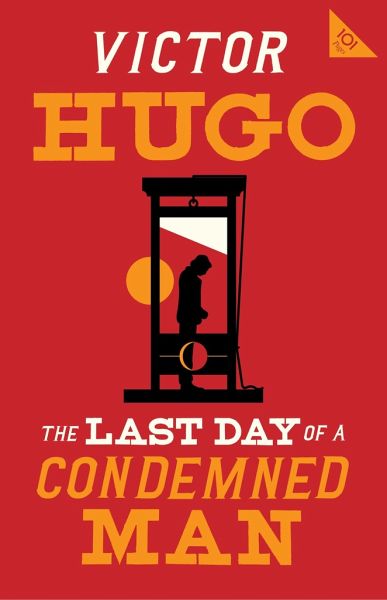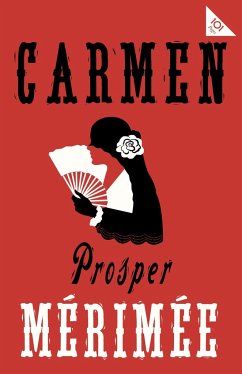
The Last Day of a Condemned Man
Versandkostenfrei!
Versandfertig in 2-4 Wochen
14,99 €
inkl. MwSt.
Weitere Ausgaben:

PAYBACK Punkte
7 °P sammeln!
The Last Day of a Condemned Man is an eloquent plea for compassion and a masterpiece of realist fiction. This edition includes Preface to the 1832 edition, a manifest of Hugo's personal opnions, A Comedy about a Tragedy and Claude Gueux, an early example of "true crime" fiction.













